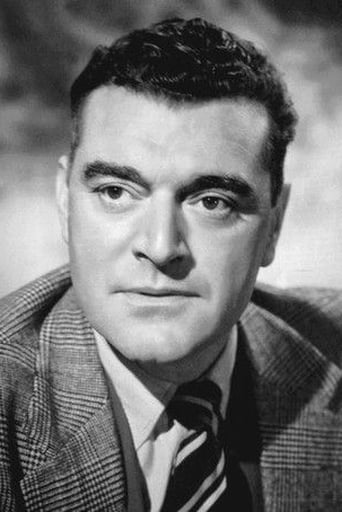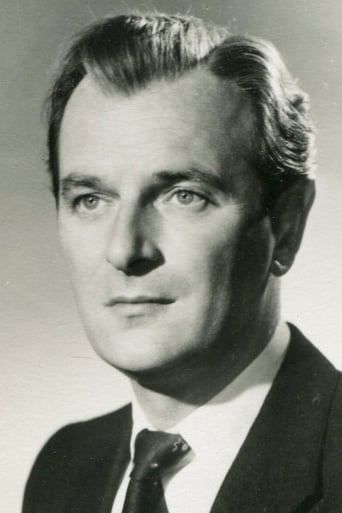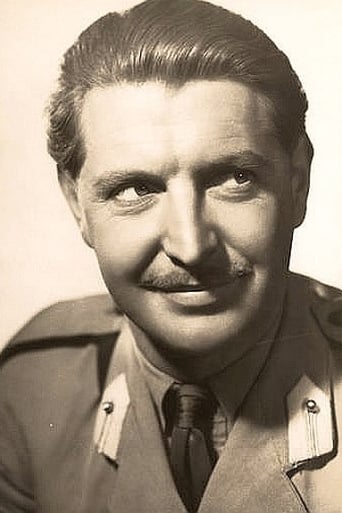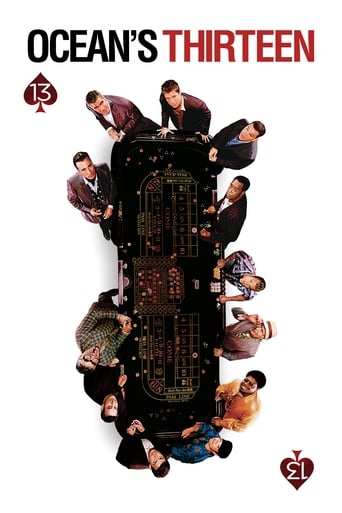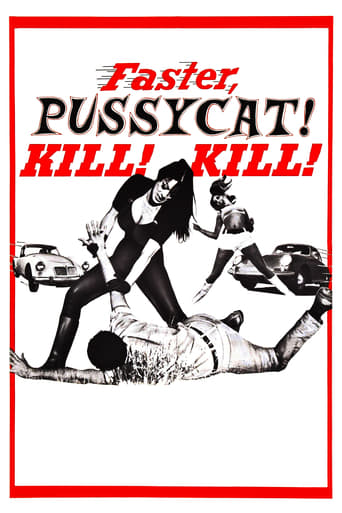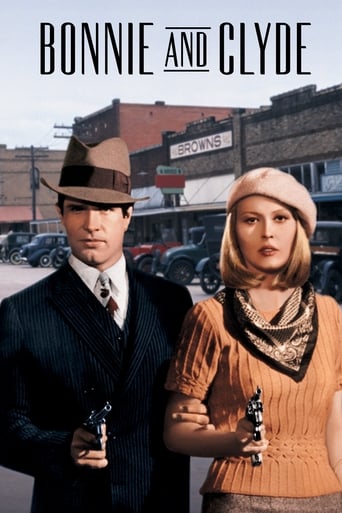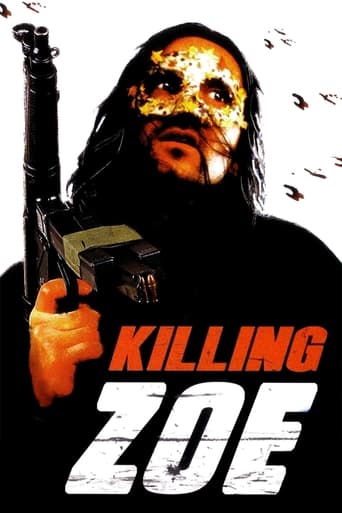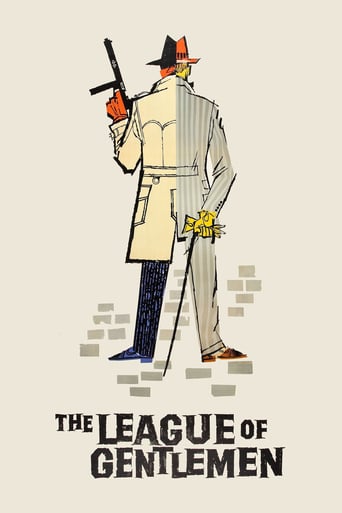
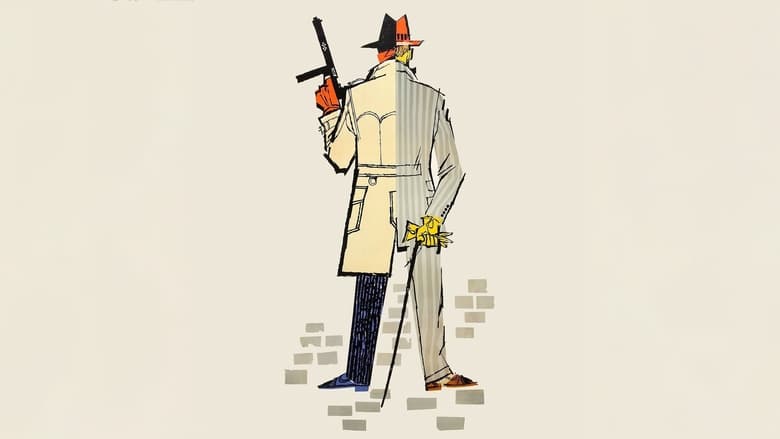
The League of Gentlemen (1961)
Involuntarily-retired Colonel Hyde recruits seven other dissatisfied ex-servicemen for a special project. Each of the men has a skeleton in the cupboard, is short of money, and is a service-trained expert in his field. The job is a bank robbery, and military discipline and planning are imposed by Hyde and second-in-command Race on the team, although civilian irritations do start getting in the way.
Watch Trailer
Cast
Similar titles
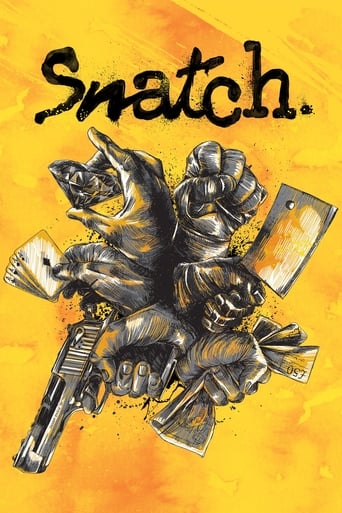
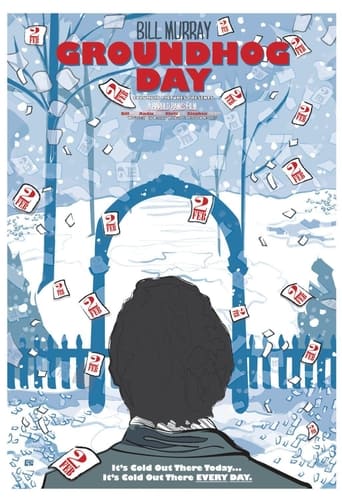
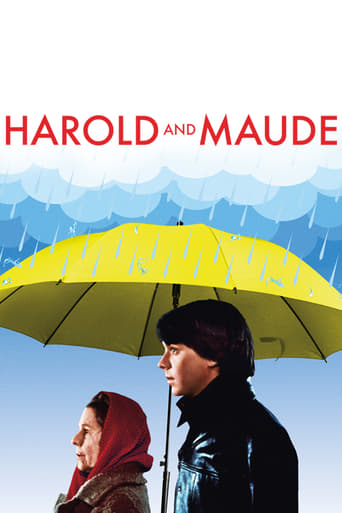
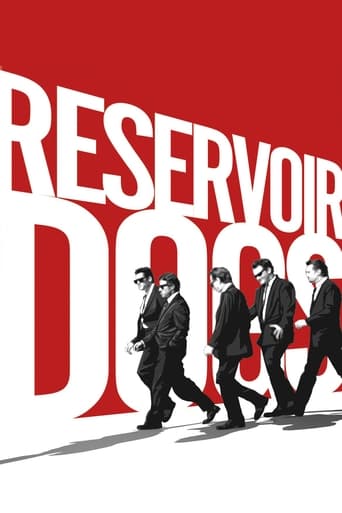
Reviews
Fantastic!
Absolutely the worst movie.
I cannot think of one single thing that I would change about this film. The acting is incomparable, the directing deft, and the writing poignantly brilliant.
The acting in this movie is really good.
Colonel Hyde invites seven other other disgruntled ex-military for a secret job. He's been forced to retire. Each one have some personal problems and were pushed out of the military. It turns out that the job is to rob a bank. Hyde proposes to split the money evenly. They steal to get equipment for the heist.The structure is fine. It's got the bones of a good bank heist movie. Many have followed using the same road map. I just didn't find any of the characters interesting. It doesn't help that I don't know these actors other than Richard Attenborough from when he's older. The start is slow and loses me a little. I couldn't really bother to follow each of these characters and their individual stories.
Great film. One I'd take to the desert island. It's not only entertaining, it also provides a fascinating glimpse of its era.However I do have a few niggles, some of which constitute definite spoilers so if you haven't seen the film and don't wish to note them, please read no further.At the lunch early in the film Hyde accuses all the assembled Gentlemen of being crooks "of one sort or another". While most of them had certainly been up to no good during their time in the army and been punished accordingly the word "crooks" is hardly appropriate in their later civilian lives. Mycroft certainly and possibly Race and Lexy but Weaver and Porthill seem to be more or less blameless, if in the latter case a bit disreputable, and Rutland-Smith's only crime anywhere seems to have been to have run up some "embarrassing mess bills". Stevens' implied indulgence in homosexual acts, while illegal at the time the film was made, would hardly justify his being labelled a crook even then. I feel that some more convincing criminality could have been devised - perhaps beating up Hyde en masse after he had gone round the table insulting each in turn! To my mind the only real weakness in the film is the way they were caught. There are two reasons for this, one regarding plot and the other structure. Firstly, if I am correct, they were rumbled because the policeman who visited their warehouse recorded, for some unexplained reason, the number of Hyde's car, which the latter later used in the robbery. Its number was then noted by the small boy near the crime scene. Would such a meticulous planner as Hyde really have committed such a faux pas? The stolen car, after all, had its number changed so why not his? Or, preferably, would it not have been better - indeed obvious - not to have used his car at all? Secondly the sudden appearance of the boy, taking car numbers, jarred.It clearly had some relevance, otherwise there was no need to include it, and it indicated fairly clearly that it would somehow lead to the plan's ultimate failure.Something that has always worried me and which has doubtless occurred in real life (certainly in the GTR of 1963) but which the film does not address was the fact that the taking of huge numbers of used notes inevitably led to the group taking their share of the loot in that form. We were not told how much was eventually seized but on the basis of the estimated £million divided by eight it would be £125K each. Nowadays, depending on which inflation index one uses, that would need to be, say, around £2.5 million and would need rather more than one suitcase each (see my later comment on a remake) but even the 1960 amount of physical cash would have posed difficult logistical problems for the robbers. Where to store it in the meantime and then how to deal with it, for instance. Even allowing for client confidentiality, banks and other financial institutions would, knowing that a huge robbery had taken place, be forgiven for raising an eyebrow at sudden appearances of large sums in previously threadbare or non-existent accounts. Few would mind the problem but it would need to be solved.Others have criticised the film for not allowing the crime to succeed though most accept that the moral climate at the time would not have permitted it. I think that that is true but I also think that it was not the only reason. If the film had stopped at the post-heist party with "Oh well, thanks for everything, gentlemen, enjoy the money" THE END, it would hardly have met the need for a strong ending. Really they had to be caught if only for dramatic effect.Finally, I can accept Colonel Hyde grubbing around in the sewers surrounding the bank (sadly, that manhole cover has gone now) in order to check on the subterranean situation but would he really have done so in evening dress and with his Rolls parked over the road advertising his presence? Oh, wait, though. He was very careless with his car numbers, wasn't he? Finally finally! I note the tediously inevitable call for a remake. For heaven's sake why? TLOG ain't perfect but what film is? PLEASE think of that ghastly remake of The Ladykillers and leave well alone.
I have been waiting for a region 1 DVD of this film for several years. It used to be on television once in awhile, but that has not happened for a few years. I finally bought a used VHS tape of the film. The film has lost nothing since I first saw it. Jack Hawkins as Col. Hyde is a first rate army officer who has been passed over for promotion and kicked out of the service. Nigel Patrick as Major Race is an urbane small time gambler and crook who hasn't had a decent job since WWII ended. The rest of the people are also former army officers that have fallen on hard times for one reason or another. Richard Attenborough playing Lexy is a con artist with a genius for electronics. Roger Livesey is a part time deviate who was kicked out of the service for gross indecency. Hawkins as Hyde throws a luncheon for this group and some others that will make up his gang. In a great sequence he demolishes the facade each of his "gang" have built to shield themselves from their past. The rest of the film concentrates on a daring bank robbery the group planned.
"Think of it as a full-scale military operation," says involuntarily retired Colonel Hyde (Jack Hawkins) to cashiered ex-major Race (Nigel Patrick). "What chance has a bunch of ordinary civilians have against a trained, armed and disciplined military group?" Hyde did not for one moment like being forced into retirement after 25 years in the British army. He spent the last few days of active duty doing some research among personnel files. Now, Hyde plans to get a bit of his own back...and Race, along with six other former officers, are going to be the means. The League of Gentlemen is a cynical, stylish, witty film about a bank heist carried out with the precision of a Swiss watch, all thanks to Hyde's meticulous research. Among the seven men he recruits are Race, charming, shrewd, imperturbable and a reliable second-in- command...even if he does tend to call people "old darling." Race was forced to resign his commission because of a bit of black marketeering. Mycroft (Roger Livesey) was a superb quartermaster who was discovered in a bit of gross indecency in a public place. Lexy (Richard Attenborough), a talented and crooked mechanic and whiz with radios, was found to be selling secrets to the Russians. Porthill (Bryan Forbes) is always resourceful and is now a gigolo, but was discovered to be shooting prisoners in Cyprus. The others all had problems with being weak, or being discovered as one of those whose love dare not be spoken of, or of being responsible for the deaths of men under them. But, as Hyde points out, they were all superbly trained officers and they all need money. Hyde brings them together with an anonymous invitation to lunch in the Maple Room of the elegant Cafe Royal. Included in the envelope is a copy of a book, The Golden Fleece, and half a five-pound note. After a fine lunch with a decent wine, brandy, cigars and the other half of the fiver, Hyde gets down to business. The mission? They will rob a very big and well- protected bank in the heart of central London, make off with at least 100,000 British pounds each and then live happily ever after. It will be called Operation Golden Fleece. With just a little reliance on greed, self-interest and perhaps a hint of coercion, he recruits them. Before long we're deep into training and organizing, setting up communications and stealing transport. In an amusing, tense sequence almost good enough to be a movie itself, they also bluff their way into an Army base and steal a substantial amount of arms. Do they actually pull off this complex heist that calls for split-second timing, nerves as cold as ice and flawless teamwork. Well, of course, and we get to watch it happen. Do they get away to lead a life of leisure? You'll need to see the movie. Be prepared for a very funny appearance by a twit of an old comrade of Hyde's, Bunny Warren (Robert Coote), and a twist which is handled with a stylish dollop of jaunty ruefulness. Jack Hawkins, with that rough voice and no-nonsense face, does a fine job as Hyde, a man who can see the amusement in having few illusions. There is quite a collection of first-rate British actors in the men around Hawkins and they all are excellent. Bryan Forbes also wrote the screenplay. He was a clever actor who wrote and directed some fine movies, among them The L-Shaped Room, Seance on a Wet Afternoon and King Rat.

